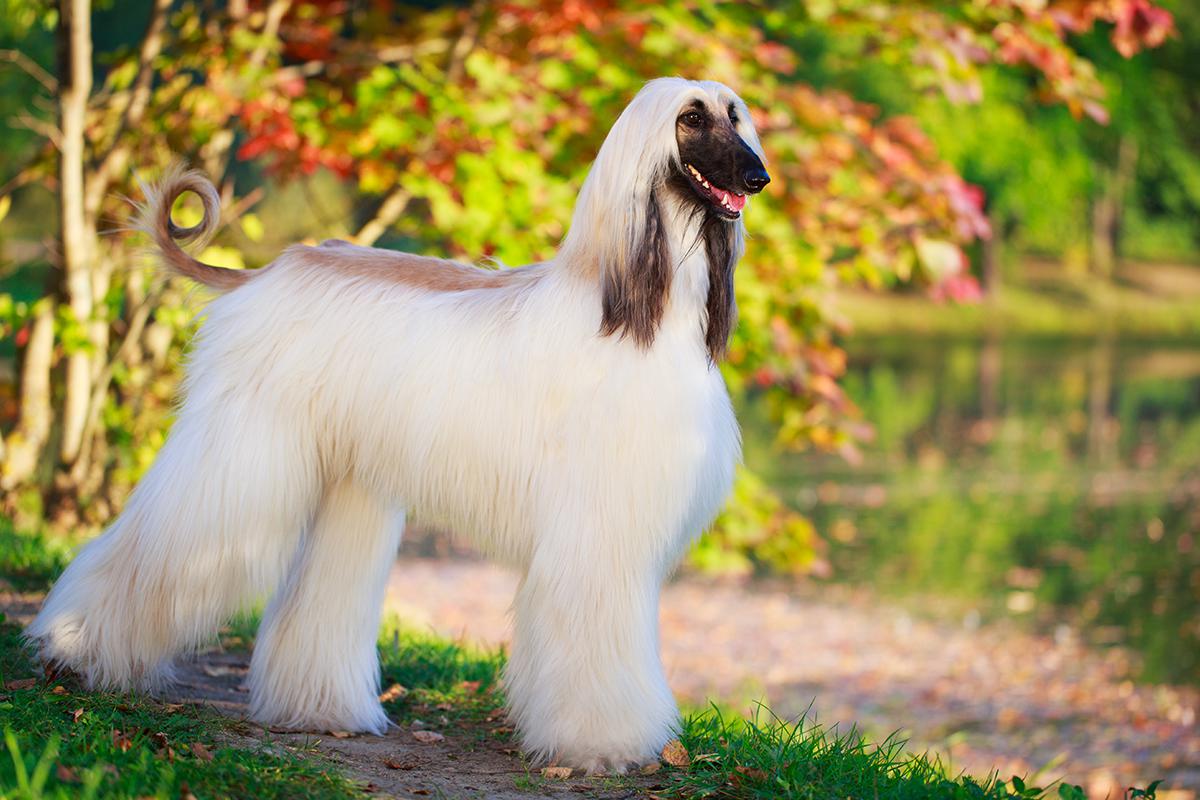
Bich-poo Dog Breed Characteristics and Care: What You Should Know?
Share
The Bich-poo dog breed characteristics and care guide provides crucial information for health-conscious pet owners who want the best for their furry companions. This hybrid dog, stemming from the delightful Bichon Frise and the energetic Poodle, is known for its charming personality and hypoallergenic coat. Let's delve into what makes this breed unique and how to care for them.
Understanding the Bich-poo not only helps in providing appropriate care but also ensures that health-conscious owners choose the perfect companion for their active lifestyles.

Physical Characteristics of the Bich-poo
The Bich-poo is a small-sized dog, typically weighing between 10 to 20 pounds. They have a playful energy and an affectionate nature, making them ideal for families and individuals alike. Their fluffy coats can be wavy or curly, resembling their Poodle parent. This characteristic provides an additional perk for those sensitive to pet allergies, as Bich-poos often shed less than many other breeds.
Color Variations
Bich-poos come in a variety of colors, ranging from white, apricot, and black to various combinations. The unique mix showcases their diverse heritage, making each Bich-poo one-of-a-kind!
Temperament of the Bich-poo
The temperament of the Bich-poo is one of its most appealing attributes. Typically friendly, outgoing, and affectionate, these dogs thrive on social interaction and companionship. They are known for their playful nature, making them great for families with children.
However, it's essential to note that early socialization is crucial. Introducing your Bich-poo to various environments, people, and other animals will help them develop into well-rounded pets. They can be prone to separation anxiety, so it's important to gradually accustom them to being alone.
Health Considerations
Health-conscious pet owners must be aware of potential health issues associated with the Bich-poo breed. While they are generally healthy dogs, there are common concerns related to their parent breeds. Some of these include:
- Hip Dysplasia: This is a hereditary condition that may affect the Bich-poo, leading to discomfort and mobility issues.
- Dental Problems: Small breeds often experience dental issues, so regular dental care is vital.
- Allergies: Although Bich-poos are less likely to trigger allergies, they can still develop skin issues.
Regular veterinary check-ups and a balanced diet can help ensure your Bich-poo remains healthy and happy.
Care Requirements for Bich-poos
Caring for your Bich-poo involves more than just love and attention. Here are key care requirements:
Grooming
The wavy or curly coat of a Bich-poo requires regular grooming to prevent matting. Brush them at least a couple of times per week, and consider professional grooming every 4 to 6 weeks. Additionally, regular bathing will keep their coat clean and healthy.
Exercise Needs
The Bich-poo is an active dog that requires daily exercise. Short walks, playtime in the yard, or interactive games will keep them stimulated both physically and mentally. Lack of proper exercise can lead to behavioral problems.
Diet for a Healthy Bich-poo
A balanced diet is essential for maintaining your Bich-poos health. Choose high-quality dog food that meets your pet's nutritional requirements, factoring in their age, size, and activity level. Avoid overfeeding to prevent obesity, a common issue among small breeds.
Training Tips for Bich-poos
Training a Bich-poo can be a fulfilling experience. They are intelligent and eager to please, making them relatively easy to train. Here are some tips:
- Start Early: Begin training as soon as you bring your puppy home. Early lessons on obedience and house training will lay a solid foundation.
- Positive Reinforcement: Use treats and praise to reinforce good behavior. Avoid negative methods as they can harm the bond between you and your dog.
- Socialization is Key: Regularly introduce your Bich-poo to various environments and situations.
Common Issues Faced by Bich-poo Owners
Like any breed, Bich-poo dogs can present challenges. Some common issues include:
- Separation Anxiety: Due to their attachment to owners, Bich-poos may experience separation anxiety.
- Yapping: They may bark excessively if not trained properly.
- Hypoallergenic Traits: While often considered hypoallergenic, individual reactions can vary.
Being aware of these potential issues can prepare owners for a happier coexistence with their Bich-poos.
Why Choose a Bich-poo?
Choosing a Bich-poo may come down to their versatility and affectionate nature. This breed fits perfectly into various living situations, from apartments to larger homes. Moreover, their playful spirit and friendly demeanor make them exceptional companions.
Health-conscious pet owners will appreciate the breeds potential for fewer allergy triggers due to their coat. Plus, their smaller size allows for easy transporta plus for active families.
Additional Resources
To enhance your Bich-poo care experience, consider reading articles about similar breeds like Bernedoodles or Bichon Frises for more insights. You may also find helpful information on dog breeds at AKC.

FAQ
What kind of training is best for a Bich-poo?
Positive reinforcement training with rewards works best for Bich-poos, as they are eager to please. Early socialization is also important.
How often should I groom my Bich-poo?
Brush your Bich-poo a few times a week to prevent matting and consider professional grooming every 4 to 6 weeks.
Do Bich-poos have health issues?
They can experience health issues common to their parent breeds, such as hip dysplasia or dental problems. Regular vet check-ups are crucial.
As an Amazon Associate, I earn from qualifying purchases.
